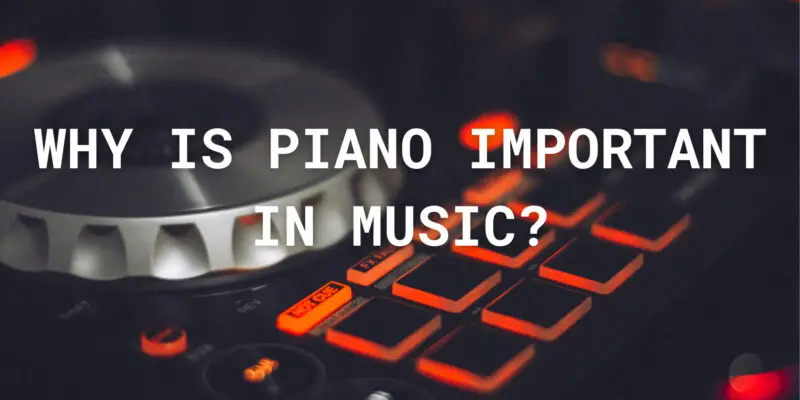The piano is often regarded as one of the most influential and versatile instruments in the world of music. Its importance transcends genres, eras, and cultural boundaries, making it a cornerstone of both classical and contemporary music. In this article, we will delve into the reasons why the piano holds such a pivotal role in music and explore the impact it has had on the musical landscape.
1. Exceptional Range and Expressiveness
One of the primary reasons for the piano’s significance in music is its remarkable range and expressive capabilities. With 88 keys spanning seven octaves, the piano can produce a vast spectrum of tones, from the deep and resonant bass notes to the shimmering highs. This wide range allows pianists to convey a wide array of emotions and moods, making it an ideal instrument for solo performance and accompaniment.
2. Versatility Across Musical Genres
The piano’s versatility is unmatched, enabling it to seamlessly adapt to various musical genres. It plays a central role in classical compositions, where it serves as both a solo instrument and an integral part of orchestras and chamber ensembles. Simultaneously, the piano has a prominent place in jazz, pop, rock, and contemporary music, adding depth and sophistication to these genres. Its adaptability makes it an essential tool for musicians in virtually any style.
3. Compositional Tool
Throughout history, the piano has been a composer’s best friend. Its clear layout, ability to produce harmonies, and dynamic range make it an invaluable tool for composing and arranging music. Composers like Ludwig van Beethoven, Frédéric Chopin, and Sergei Rachmaninoff, among many others, have created timeless masterpieces for the piano, showcasing its significance in the world of classical music.
4. Learning and Education
The piano is often the first instrument many aspiring musicians learn to play. Its straightforward keyboard layout, visual representation of musical notes, and tactile feedback make it an excellent instrument for music education. Learning to play the piano fosters a solid foundation in music theory, ear training, and keyboard skills, which can be applied to other instruments and musical endeavors.
5. Performance and Solo Expression
Solo piano performances hold a special place in the world of music. The piano’s ability to convey emotion and tell a story through its music is unparalleled. Pianists have the freedom to explore a vast repertoire of solo pieces, ranging from classical sonatas to contemporary compositions, allowing for personal expression and interpretation.
6. Collaborative Power
In ensemble settings, the piano often acts as the backbone, providing harmonic support and rhythm. It can seamlessly integrate with various instruments, from strings and woodwinds in chamber music to drums and electric guitars in jazz and rock bands. Its adaptability and versatility make it an essential collaborator in group performances.
7. Technological Advancements
The piano has not remained static over the years. Technological advancements, such as the development of digital pianos and hybrid instruments, have expanded its capabilities. These innovations have brought the piano into the digital age, allowing for recording, integration with digital audio workstations, and even silent practice.
Conclusion
The piano’s importance in music is undeniable and enduring. Its exceptional range, versatility, and expressive power have made it a cherished instrument for both performers and composers alike. From the grand concert halls of classical music to the intimate jazz clubs and modern recording studios, the piano continues to shape the musical landscape, leaving an indelible mark on the art of sound and expression. It remains a testament to the enduring power and beauty of music.


